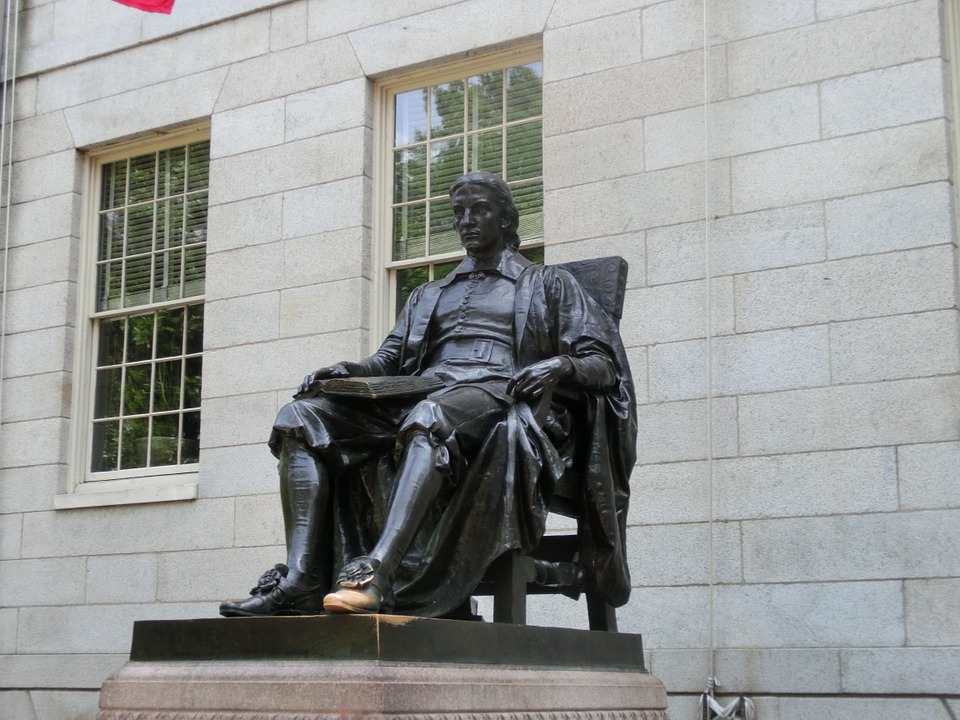The US Supreme Court has taken what many consider radical steps with the reversal of Affirmative Action in colleges and universities. Institutes of higher learning are working on a “plan B” and will likely consider adopting holistic admissions processes that take into account a wide range of factors beyond test scores or grades. This approach allows for a more comprehensive evaluation of applicants, considering their personal background, experiences, challenges overcome, and contributions to their communities.
- Increase outreach efforts. Schools can focus on reaching out to underrepresented communities and providing support and resources to help students from these backgrounds succeed academically. This can include partnerships with local schools, scholarship programs, mentoring initiatives, and college preparatory programs.
- Enhance financial aid and scholarships. Increasing the availability and accessibility of financial aid and scholarships can help level the playing field for students from disadvantaged backgrounds. This may involve expanding need-based financial aid programs, creating scholarships specifically for underrepresented groups, or reducing financial barriers through grants and tuition waivers.
- Foster inclusive campus environments. Universities will likely actively cultivate an inclusive and diverse campus culture. This can involve promoting student organizations that celebrate different cultures, organizing events that encourage dialogue and understanding, and ensuring there are support systems in place for students from marginalized communities.
- Provide academic support services. Offering academic support services such as tutoring, mentoring, and academic advising can assist students who may face additional challenges in their educational journey. These resources can help bridge any gaps in academic preparedness and promote equitable opportunities for success.
- Implement bias awareness and training. Universities can provide training programs for faculty, staff, and admissions officers to raise awareness about unconscious biases and ensure fair treatment in the admissions process. This can help mitigate any potential biases that may exist and promote equal consideration of all applicants.
- Conduct research on equity and inclusion. Universities can prioritize research on issues of equity, diversity, and inclusion. This research can inform policies, practices, and strategies to create a more equitable educational environment and contribute to the broader discourse on promoting equality.
- Raise the importance of the admission essay. Essays written in the past to talk about unique leadership experiences will likely take a significant shift towards the cultural challenges people have experienced in life to tell their stories. These stories will likely get more weight in the eyes of admission officers that are trying to compensate for the changes following the end of affirmative action.
It’s important to note that the specific strategies universities adopt may vary well be based on their individual circumstances and legal frameworks. Universities will need to consult with legal experts and consider local regulations to ensure their efforts align with the applicable laws.
RELATED:



